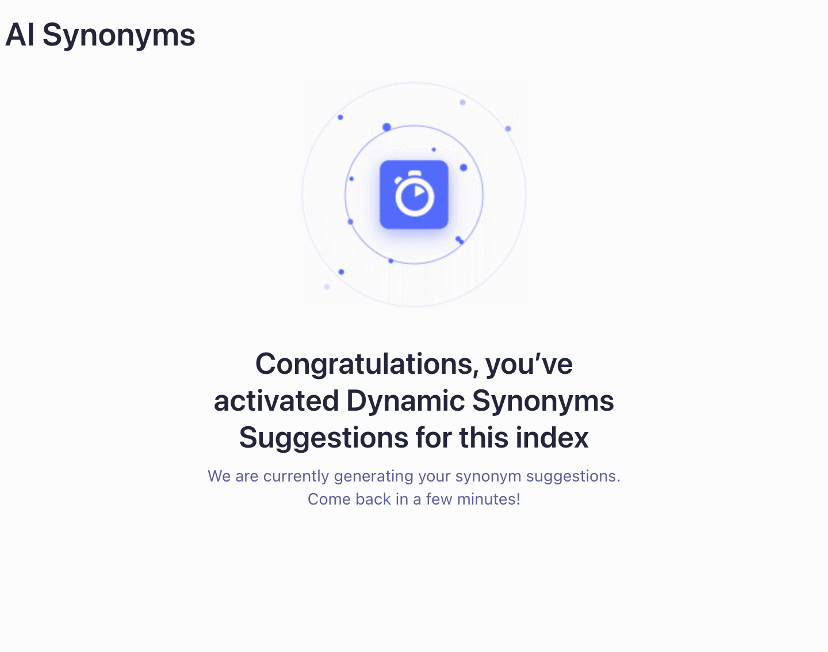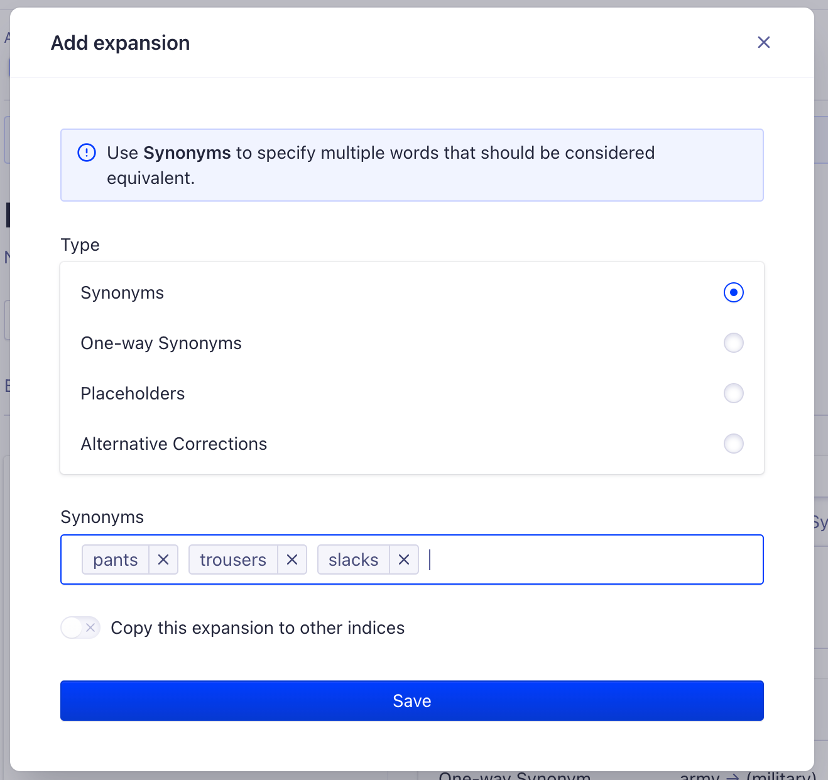Simplifying Site Search, Accelerating Business
Simplifying Site Search, Accelerating Business
Jonathan Adams | Solutions Engineering Director
December 5, 2022
Online Living, Daily Searching
Most of us are conducting more and more of our lives online. We work, pay bills, stream the latest shows and music, play the newest games, book appointments (and have them), shop for everything from gifts to groceries, and manage the minute, administrative duties of everyday life. We don’t have the instinct or desire to place a call when we need something and we’re not inclined to wait in queues. We want answers to our questions and we want them now.
According to Acumen, 45% of consumers are more likely to use self-service options now, than before the pandemic and 22% of customer service centers say that improving self-service is a top priority.
Organizations as well as local and global businesses understand that to compete in a digital world, their online presence needs to be easy, intuitive, and frictionless. If a potential customer can’t find what they need on a site effortlessly, they’ll move on. It’s increasingly clear, effective site search isn’t just nice to have, it’s essential to survival in our digital world.
In the Beginning …
Yahoo! and Ask Jeeves (now ask.com) were the progenitors of online search. At the time, search engines were a novel entry point into raw knowledge and the world at large. However, with the arrival of Google, our expectations of a search experience were forever changed. Yahoo! and Jeeves delivered results of course, but their pages were cluttered with extraneous categories and choices. Google provided a simple, clean UI—just a search box—and suddenly, our notion of how the web should work began to solidify. No distractions, just results. Information—instantly.
Google pioneered the idea of keyword-based searches and habituated us to finding what we were looking for in their top results, but recently there’s a move toward natural language search. Businesses and consumers are embracing this trend, so being mindful of this when architecting a site search is crucial.
Search, a First Priority
When a site search is ineffective, it frustrates everyone. Consumers don’t get what they need, businesses fail to convert a search into a sale. Site search can’t be an afterthought. Site search and information architecture (IA) go together—when designing an IA, the search experience should be defined too. It’s not a set it and forget it proposition either. Looking at the data is crucial. Are users only on a site for a short period of time? This could suggest they’re not finding what they want and they’re leaving. If users are on a site for a very long period of time, it might be they’re finding unexpected content and the search simply isn’t delivering. How do we determine a site search is working? Conversions, plain and simple. For example, in e-commerce, if customers search, find, and purchase, this is exactly what we want to see. If there are a ton of search results delivered but no conversion, that’s a symptom of poor site search.
Easing Site Search with Algolia
Algolia has taken the hardest parts of customizing a site search and simplified them. Take for example, synonyms. With Algolia, we have a platform smart enough to handle this task. It’s all wrapped within their intuitive UI. All an admin needs to do is go into the UI, click the synonym button, and add the words. This means that a content marketer can do all the work that formerly, a developer had to complete. The Algolia UI essentially does the hard work and the end result is a more predictable search. Algolia’s AI also adds synonyms based on what users search.


Another aspect of Algolia that’s a joy for developers is AI-generated query suggestions. Again, normally this would be a heavy lift for a developer but with Algolia, there’s a tool and widget and with enough inputs over time, it’s automatic. Algolia’s search accomplishes personalization too. For instance, two people are searching for “Star Wars.” Person X is looking for information regarding Darth Vader while Person Y is looking for results on Luke Skywalker. Algolia can be easily configured to prioritize the results for both individuals and provide a unique and customized experience.
See this site search in action during our webinar where our partners at Algolia demonstrate how their tools enable everyone from marketers to analysts to developers, create engaging and relevant search experiences.
We hope you enjoyed reading the Phase2 blog! Please subscribe below for regular updates and industry insights.